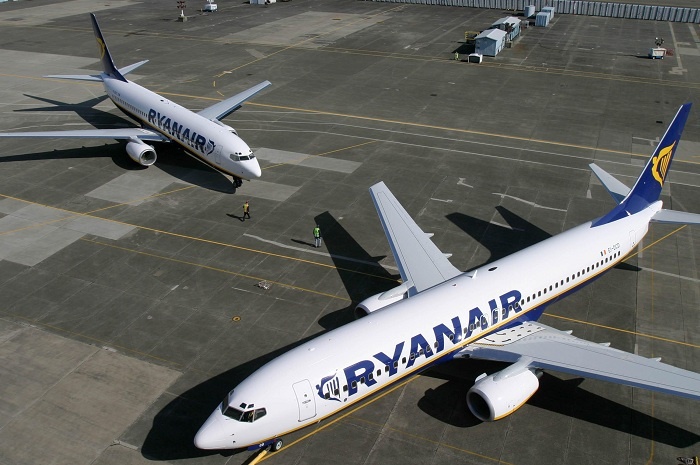
Calls for new Civil Aviation Authority powers
Airlines operating in the UK have not faced a single fine for breaking consumer law on refunds, delays or cancellations since 2003, consumer organisation Which? has revealed.
Over the same period, the Civil Aviation Authority (CAA) has only used its powers to apply to the courts for an enforcement order – a court order effectively ordering an airline to comply with the law – once.
The regulator was granted the relevant regulatory powers to seek enforcement orders and gain undertakings from airlines in 2003.
However, despite having responsibility for enforcing consumer rights laws on airline cancellations, delays and refunds, the CAA cannot directly fine airlines.
Which? is now calling for the aviation regulator to urgently be given powers to fine airlines, after nearly six months of blatant disregard of the law on refunds for cancelled flights during the pandemic.
Rory Boland, editor of Which? Travel, said: “Without the ability to issue fines or take swift action against airlines, the Civil Aviation Authority has struggled to effectively stand up for the passengers it is there to protect.
“Several airlines already know this, and there’s a real risk some have felt empowered to break the law as a result – and without the threat of penalties, they may continue to do so.”
Which? understands that only one application for an enforcement order has been made by the regulator since 2003.
ADVERTISEMENT
This was against Ryanair in 2018, for refusing to compensate passengers for delays caused by planned industrial action by its staff during the peak of the summer holidays.
Two years on, the case has yet to be heard and may not be heard until 2022, and during this time the airline can continue to refuse to compensate consumers without penalty.
The CAA has previously said that its enforcement powers are not well suited to swift action, and that it can take a considerable period of time for a case to come before the courts.
Rather than going through the lengthy process of using these powers, the regulator has historically relied on ‘undertakings’ from airlines to stop them breaking consumer rights laws, which have previously proven useful.
However, these undertakings generally only help to improve future behaviour, rather than applying any penalty for historical breaches of the law.
The CAA has managed to agree 13 undertakings since 2006 in relation to airline cancellations, refunds and delays since the EU introduced the EC 261 Regulation
The CAA cannot fine airlines directly for breaches of consumer law.
In contrast, last year the Financial Conduct Authority, which regulates financial services, issued a total of £392 million in fines.
The consumer champion is concerned that after nearly two decades without any financial penalties for breaking the law on refunds, delays or cancellations, airlines now feel empowered to break the law without fear of sanctions, and that the limited action taken with regards to coronavirus refunds could have set a precedent that risks allowing airlines to continue to treat passengers unfairly.
As part of its campaign to secure refunds for passengers affected by coronavirus cancellations and to reform the travel industry to prevent a failure of passenger protections on this scale from happening again, Which? is calling for the regulator’s enforcement powers to be strengthened and extended.
Boland concluded: “Trust in the travel industry has been battered in recent months, so passengers need a strong regulator they can count on.
“It is clear serious reforms need to be made to the sector – as a first step, the government must take urgent steps to ensure the CAA has the tools it needs to effectively hold airlines to account.”

